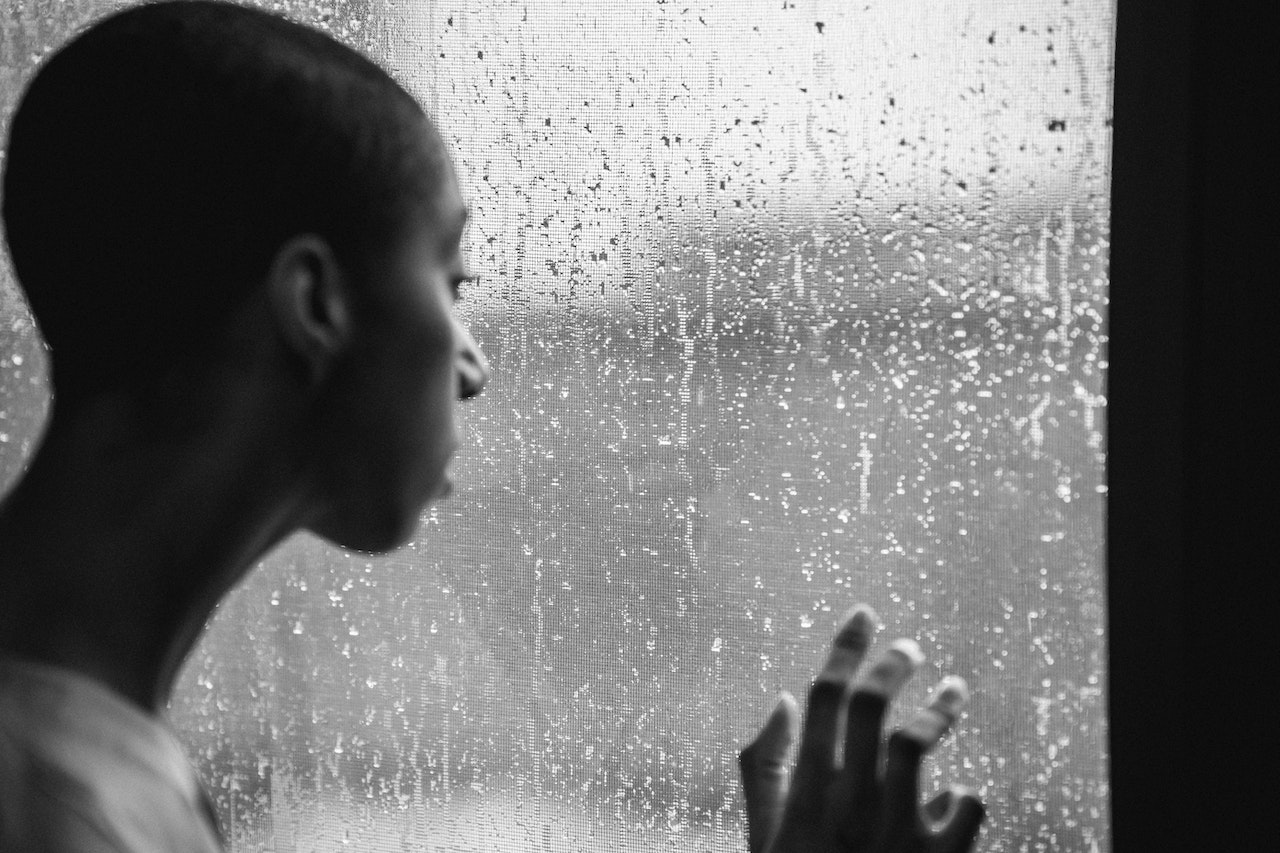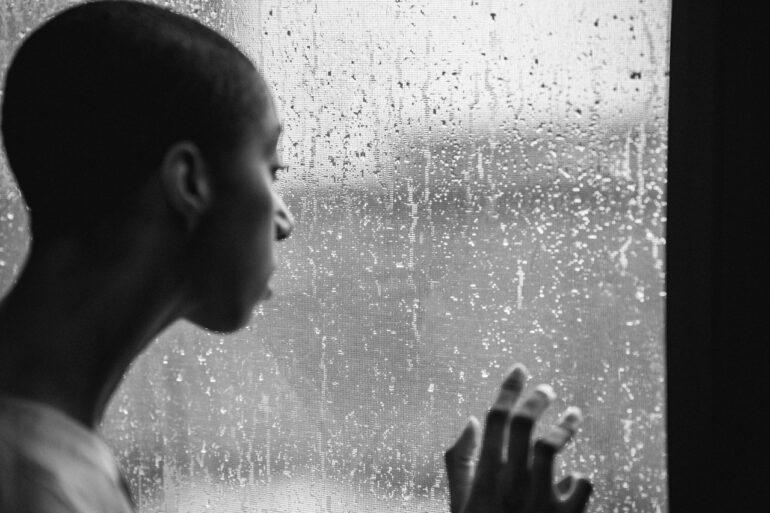As fellow Californians, have you ever wondered about the invisible struggles our young ones might be facing? Today, we’re discussing a topic close to our hearts: childhood depression. This article is intended to help us better understand our children. Let us investigate the causes, symptoms, and treatment options for depression.
Depression among Children: The Silent Storms in Young Hearts
Picture this: sunny days with clouds of sadness lurking within. It is not that only adults feel depressed. Our children can be vulnerable too. From feeling overwhelmed by school pressures to grappling with personal challenges, young minds aren’t immune to the tides of depression.
Causes of Depression and Anxiety among Children: Unraveling the Threads
Have you ever wanted to solve the mystery of a young mind? Genetics, a family history of mental health problems, a traumatic experience, being bullied, or even a change in major life events such as divorce or moving house can all lead to depression in children.
Symptoms of Depression among Children: Signs in Plain Sight
Imagine this: a puzzle of emotions, waiting to be solved. Depression manifests differently in children. Watch out for persistent sadness, irritability, changes in appetite and sleep patterns, loss of interest in once-enjoyable activities, and even physical complaints like stomachaches or headaches.
Anxiety Symptoms Among Children: When Fear Takes the Stage
Picture this: butterflies that morph into hurricanes of anxiety. Anxiety often walks hand in hand with depression among children. Symptoms might include excessive worrying, avoiding social situations, fear of separation, or extreme perfectionism.
Illnesses Known to Cause Symptoms of Depression: A Closer Look
Have you ever wondered whether there are more puzzles or not? Certain physical illnesses can mimic symptoms of depression in children. Conditions like anemia, concussion, diabetes, epilepsy, hypothyroidism, hyperthyroidism, mononucleosis, and even Vitamin D deficiency can play a role in their mental well-being.
Fear and Anxiety Produced by Contents of Traditional Media: Taming the Screen Monsters
Imagine this: the glow of screens casting shadows of anxiety. In the age of technology, traditional media can cause fear and anxiety in young minds. Reporting violence or disturbing content can leave a lasting impression, affecting their emotional context.

Lack of Social Interaction: Navigating the Sea of Isolation
Picture this: a world where loneliness whispers in their ears. In children, a lack of social interaction can lead to feelings of isolation and sadness. For their emotional development, it is necessary to invest in peer relationships and healthy social engagement.
Depression and Anxiety in Children Treated by Psychotherapy (Counseling): Guiding Lights
Have you ever thought of therapy as a ray of hope? The treatment of depression and anxiety in children is based on psychotherapy. It is also referred to as counseling. Therapists create a safe space for them. They can easily express their feelings, learn coping strategies, and process their emotions.
Medication: Balancing the Scale of Chemicals
Imagine this: a delicate dance of chemicals in their brains. In some cases, your doctor may recommend medications that help balance neurotransmitters in the brain. However, medication is often combined with psychotherapy for a more effective treatment.
Read More
Happier Life: 7 Amazing Tips to Live a Happier Life
8 Useful Stretches Before Going to Bed
Combination of the Two: A Holistic Approach to Healing
Picture this: A blend of therapy and medication, like a comforting embrace. Psychotherapy and medication are often combined to treat childhood depression and anxiety. It deals with both the emotional and chemical aspects of their problems.
Conclusion: Nurturing Young Minds, One Step at a Time
And there you have it, dear Californians – a journey through the realm of depression among children. Our children’s mental health deserves our attention and care. Whether it’s engaging in open conversations, seeking professional help, or fostering a supportive environment, be their beacons. Nurture their emotional landscape and equip them with the tools they need to face life’s challenges with resilience and strength. In your life, how do you support young minds? Let us be considerate of them.




